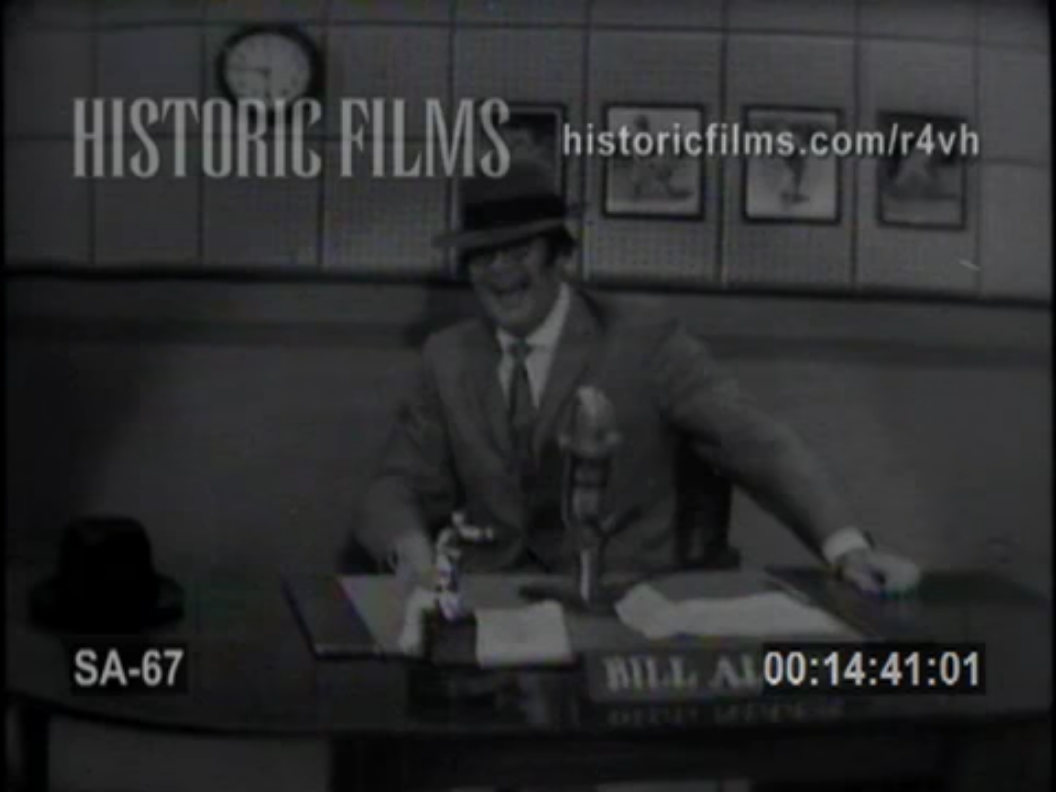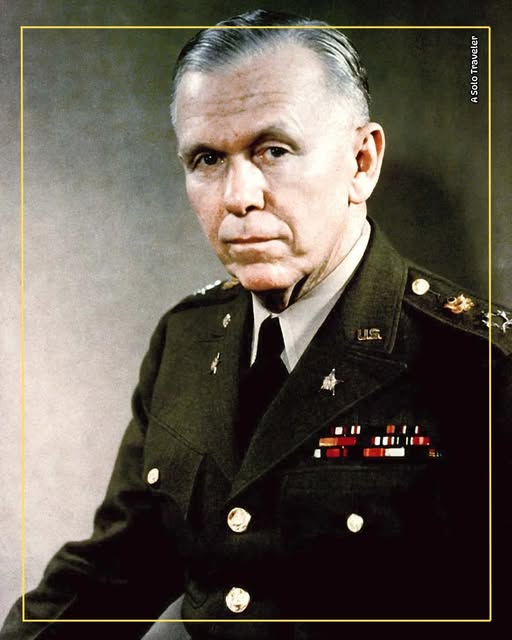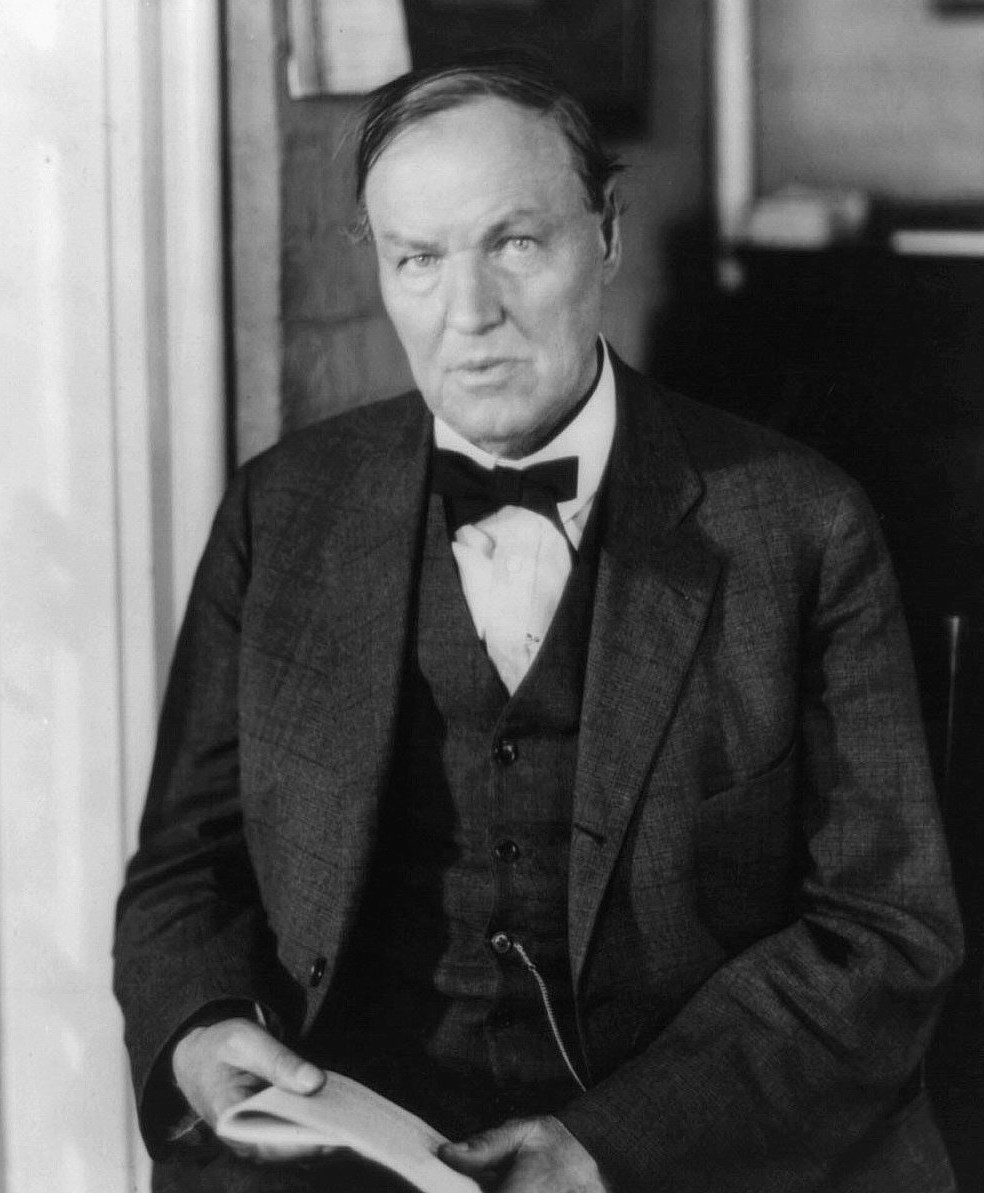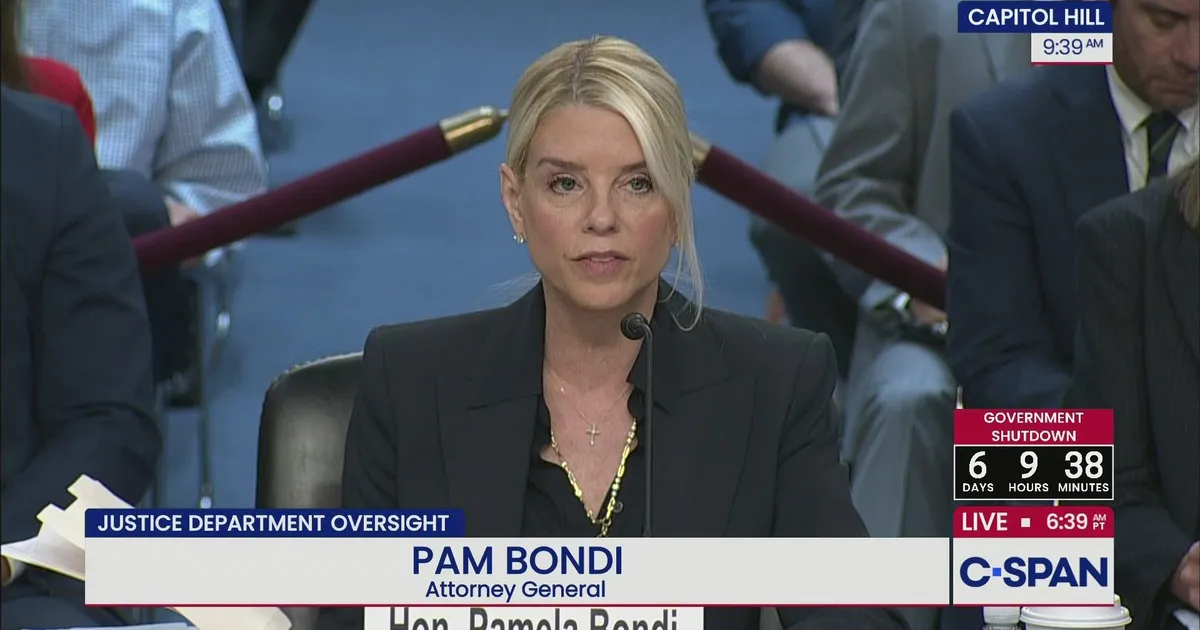
Photo: Arturo Pardavila III
Baseball: down to the wire – Red Sox – Dodgers – Playoffs – League Pennants? – World Series? I’m a fan of both teams. For days, in the playoffs, the series—nothing else is on my mind. For days, I’m happy. For days—I’m blissful.
At its core, baseball is about teamwork. True leadership isn’t found in the stats or the headlines. It’s found in the small, unseen acts of being a great teammate.
Consider Jeff Francoeur, a former outfielder who broke into the big leagues in 2005 and spent 12 years in the majors. Now, he’s an analyst for TBS. Sports writer Dustin Dodd observes that Francoeur’s most important contribution was his partnership with Alex Gordon, a once-struggling prospect.
“Gordon pushed Francoeur to work harder,” Dodd writes. “Francoeur gave Gordon an outlet to relax. One day in Minnesota, Francoeur recalls, Gordon was itching to get to the ballpark, worried about starting his routine. Francoeur had a better idea: Let’s play 72 holes of mini golf at the Mall of America.
“‘I don’t know what it is,’ Gordon said. “‘But there’s just something about his personality.’”
“Gordon had a breakout summer that year.”
Dodd had a great story in The New York Times recently that began with this title: What Makes a Great Teammate?
First, Humility. Jeff Francoeur recalls David Wright, the longtime captain of the New York Mets. Wright’s talent set him apart, but you wouldn’t have known it by the way he carried himself. He treated the last man on the roster with the same respect he gave the star player. That’s what humility looks like. It builds trust. It’s measured in how you treat people when no one’s keeping score.
Second, Accountability. Francoeur remembers the day pitcher Tim Hudson pulled him aside after a poor effort in the field. At first, he pushed back. In time, he realized Hudson was right. A good teammate doesn’t stay silent when the standard slips. They tell you the truth, not to embarrass, but to push you higher. We need those people in every walk of life—the ones willing to risk our irritation today so we can be better tomorrow. Accountability delivered with respect isn’t criticism. It’s leadership.
Third, Perspective. Francoeur told Dodd, “When I was struggling playing baseball, my dad said, “‘You’re getting paid really well to put on a uniform and run out there every night.’ And my dad was like, “‘For 38 years, I put a suit and tie on and went to work.’ So, I think there’s always perspective.” The lesson stuck. Even on hard days, Francoeur chose gratitude over self-pity—and lifted others by doing the same.
And fourth, Joy. The best teammates understand that attitude is contagious. Francoeur admits there were days he showed up in a bad mood. But he chose to lift people up. That’s not personality, that’s responsibility. Joy is an ethical choice.
“I choose joy, man. I choose to elevate others,” Francoeur told Dodd. “I was a happy guy. I enjoyed playing. And I didn’t like seeing people down, man. When we were in a baseball locker room, these are my guys. I’m spending more time with them than with my family. I want them to feel good about things. I want them to be happy. I think it’s an attitude. It’s how you choose to look at it.”
A great teammate is one who puts others first, who holds you accountable with honesty, who keeps perspective, and who chooses joy. Those qualities may not show up in a box score. But in the end, they’re what make teams work—and what makes communities thrive.
Comments











